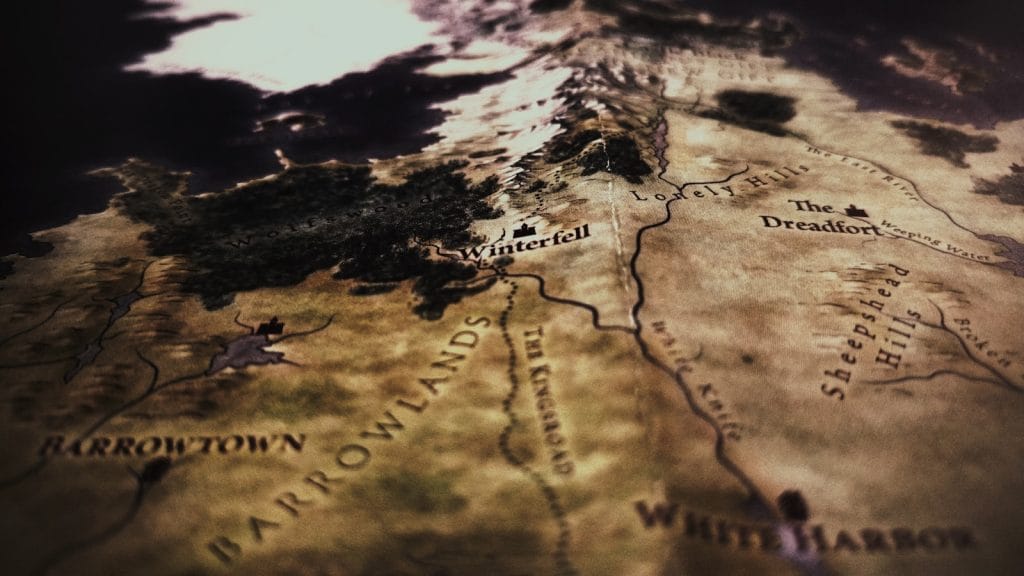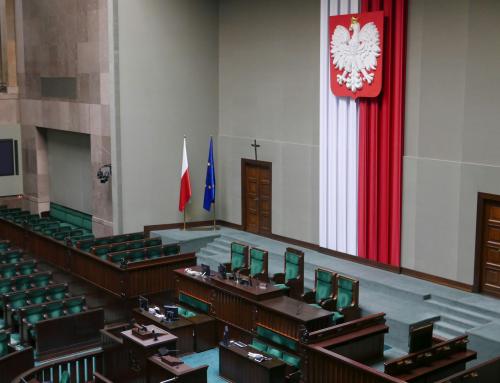The state is a foundational yet complex concept in political science, sparking extensive debate among scholars for centuries. This article seeks to provide a clear and concise definition of the state, its elements, and its functions, differentiating it from related concepts such as nation, government, and society.
What is the State?
A state, which is central to political science, is a political organization with a centralized government that maintains a monopoly on the legitimate use of force within a defined territory. This concept has been extensively analyzed and interpreted by various scholars over time.
Scholarly Perspectives on the State
- Machiavelli: In “The Prince,” Machiavelli defines the state as a territorial entity ruled by a sovereign prince with absolute authority. He emphasizes the use of force, fear, and cunning to maintain power, advocating for realism and pragmatism over moral or religious considerations.
- Bentham: An 18th-century philosopher, Bentham views the state as a fictive body composed of individuals. He argues for utilitarianism, where the state aims to achieve the greatest happiness for the greatest number, driven by a hedonistic view of human nature.
- Stuart Mill: A 19th-century philosopher, Mill champions liberalism and democracy, describing the state as a voluntary association of individuals delegating powers to a representative government. He stresses liberty, equality, and diversity, advocating for education, welfare, and happiness.
- Weber: A 20th-century sociologist, Weber defines the state as a human community with a monopoly on legitimate physical force within a territory. He identifies three types of authority: traditional, charismatic, and legal-rational.
- Salmond: A jurist, Salmond describes the state as a society of men maintaining justice through political organization. He identifies four elements: people, territory, government, and sovereignty.
- Tilly: A sociologist and historian, Tilly views the state as an organization controlling the principal means of coercion within a large, contiguous territory. He emphasizes the role of war-making, state-making, protection, and extraction in state formation.
- Dahl: A political scientist, Dahl examines democracy and power, defining the state as a set of institutions with legitimate coercion means, determining the distribution of resources within a territory.

Common Elements of the State
Despite varying perspectives, common elements of the state include:
- Autonomy: The state is an autonomous institution, distinct from other social forces.
- Territory: It has defined geographic boundaries and jurisdiction.
- Population: It comprises a population subject to its laws and policies.
- Power: It exercises legitimate power and authority.
- Purpose: It aims to achieve specific goals and functions.
Based on these elements, the state can be defined as an autonomous institution exercising legitimate power over a defined territory and population for specific purposes.
What is Law? What are the different types of law?
Elements of the State
The state consists of four essential elements: territory, population, government, and sovereignty.
Territory
The territory is the geographic area over which the state has jurisdiction and control, defining its physical boundaries and resources. The state protects its territorial integrity and exploits its natural resources, managing the environment within its borders.
Population
The population includes the people living within the state’s territory, subject to its laws and policies. The state provides for the welfare and security of its population, regulating immigration, emigration, naturalization, and citizenship.
Government
The government is the institution exercising the political power and authority of the state. It consists of executive, legislative, judicial, and administrative branches, making and enforcing laws and policies, and representing the state in international affairs.
Sovereignty
Sovereignty is the supreme and independent power the state possesses over its territory and population. It implies a monopoly on force within its borders, free determination of its political system, and independent foreign policy.
Functions of the State
The state performs various functions, broadly categorized into maintaining law and order, providing public goods and services, regulating economic activities, and conducting foreign relations.
What is Judicial Review? How does it shape the Law and Society?
Maintaining Law and Order
The state has a monopoly on legitimate force, maintaining law and order through its police and judicial systems. It protects civil rights, ensuring equality and non-discrimination.
Providing Public Goods and Services
The state provides public goods and services, including education, healthcare, infrastructure, and welfare programs. Public goods are non-excludable and non-rivalrous, benefiting all members of society.
Regulating Economic Activities
The state regulates and facilitates economic activities, encompassing market regulation, consumer protection, economic development, and trade policies.
Conducting Foreign Relations
The state conducts foreign relations through diplomacy, international agreements, and defense. Diplomacy involves negotiating with other states, international agreements are binding contracts, and defense protects against external threats.
What are Legal Rights? Its Essentials and Classification
Conclusion
The state is a complex and dynamic entity, defined by its sovereignty, territory, population, and government. It performs essential functions such as maintaining order, providing public goods, ensuring security, and promoting welfare. Influenced by internal and external factors like culture, ideology, economy, and international relations, the state is not a static or monolithic concept but a constantly evolving one, reflecting the interests and values of different groups and actors.
সম্পর্কিত আর্টিকেল
কোন আর্টিকেল খুঁজছেন?
আমাদের অনুসরণ করুন
এক নজরে এই আর্টিকেলে যেসব বিষয় আলোচনা করা হয়েছে…
সাম্প্রতিক আর্টিকেল
জুলাই অভ্যুত্থানের ইতিহাস
ইতিহাসের পাতায় যেসব মুহূর্ত স্বর্ণাক্ষরে লেখা থাকবে, তার মধ্যে বাংলাদেশের জুলাই অভ্যুত্থানের ইতিহাস অন্যতম।
বিবিসির তদন্তে শেখ হাসিনার ফাঁস হওয়া অডিও: ‘যেখানে পাবে সেখানেই গুলি করো’
বিবিসির প্রতিবেদনে প্রমান মিলেছে যে, শেখ হাসিনার ফাঁস হওয়া অডিওতে হাসিনা স্বয়ং নিরাপত্তা বাহিনীকে স্বৈরাচার বিরোধী আন্দোলনকারীদের হত্যার নির্দেশ দিয়েছিলেন।
কেন ইসরায়েল ইরানে আক্রমণ করেছিল তার প্রকৃত কারণ
কেন ইসরায়েল ইরানে আক্রমণ করেছিল? আন্তর্জাতিক বিচারের হাত থেকে বাঁচতে, গাজার নিপীড়ন থেকে দৃষ্টি সরাতে ও ইহুদি আধিপত্য জাহিরের হতাশাজনক প্রচেষ্টা।
সিরিয়ার ওপর আরোপিত নিষেধাজ্ঞা প্রত্যাহার যুক্তরাষ্ট্রেরঃ নতুন কূটনৈতিক অধ্যায়ের সূচনা
গত ১৩ মে, যুক্তরাষ্ট্রের প্রেসিডেন্ট ডোনাল্ড ট্রাম্প সৌদি আরবের রিয়াদে এক বিনিয়োগ সম্মেলনে সিরিয়ার ওপর আরোপিত নিষেধাজ্ঞা প্রত্যাহার করার ঘোষণা দেন।
বাংলাদেশ আওয়ামী লীগের নিবন্ধন স্থগিত করল নির্বাচন কমিশনঃ রাজনৈতিক প্রভাব ও ভবিষ্যৎ পথ
গত ১২ই মে, ২০২৫ সাবেক শাসক দল আওয়ামী লীগের সব কার্যক্রম নিষিদ্ধ করে সরকারের প্রজ্ঞাপন জারির পর এবার আওয়ামী লীগের নিবন্ধন স্থগিত করল নির্বাচন কমিশন।






